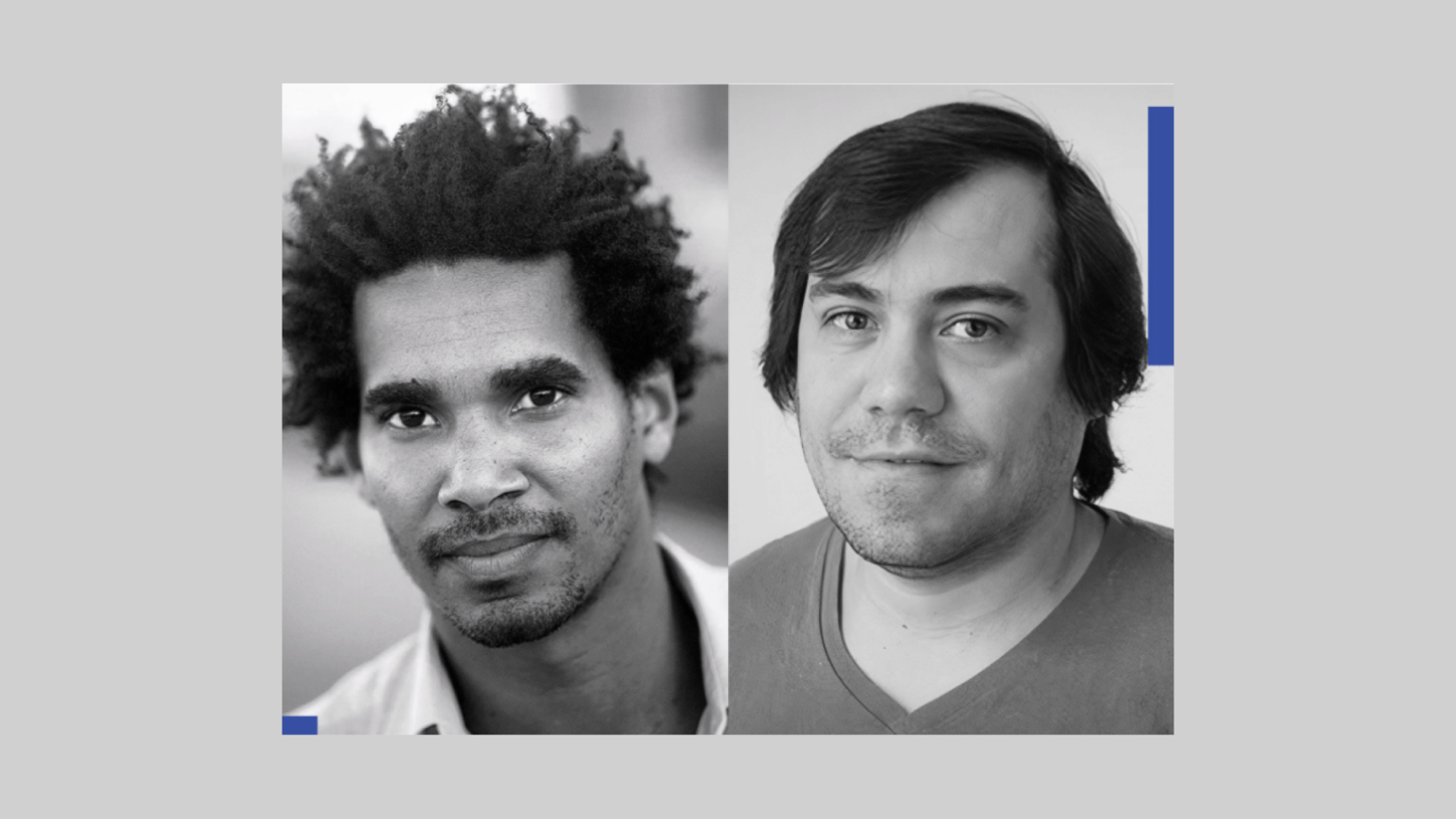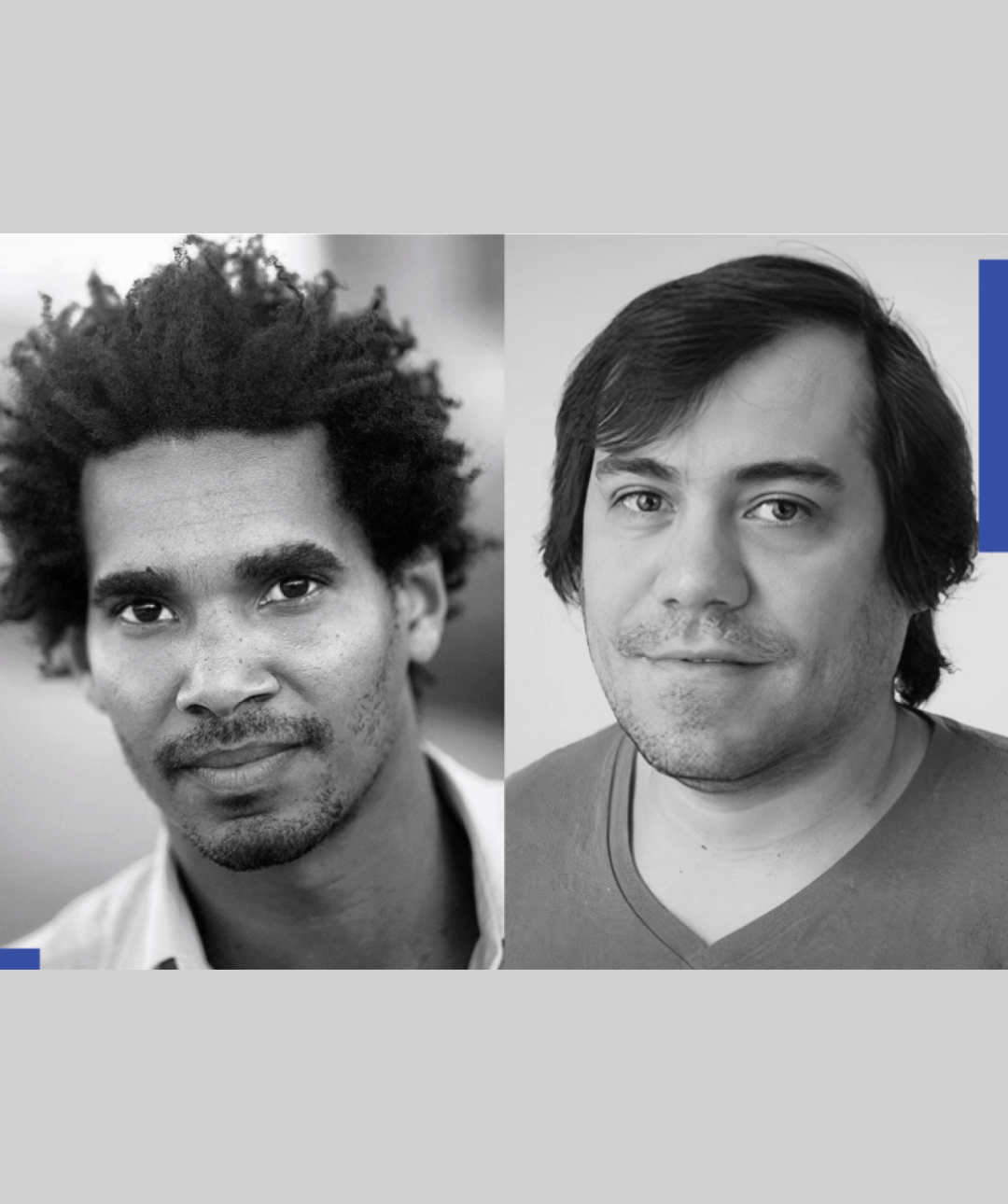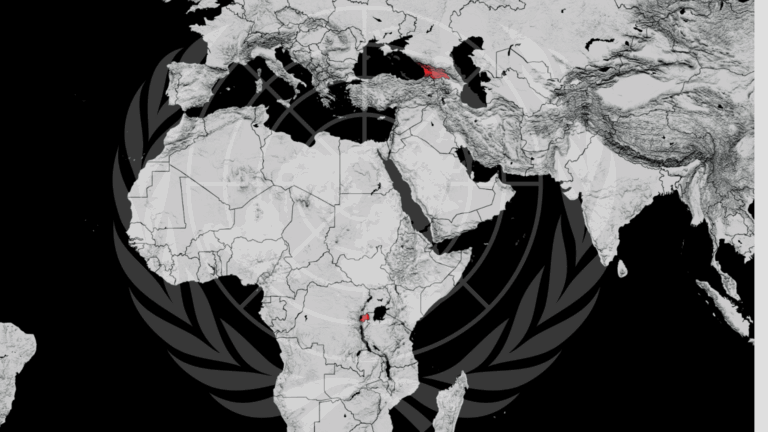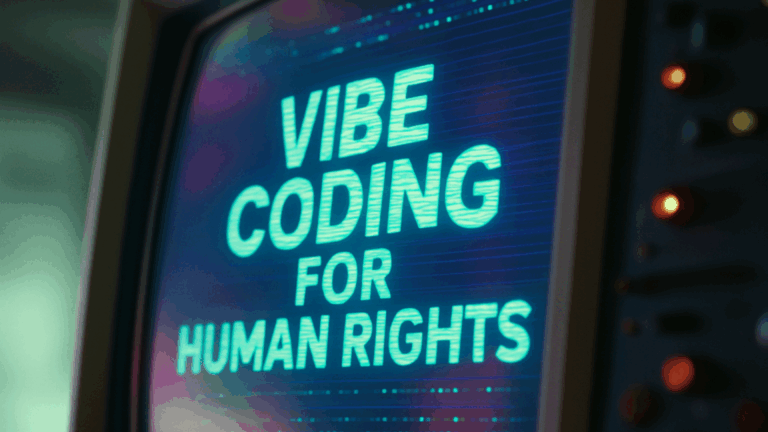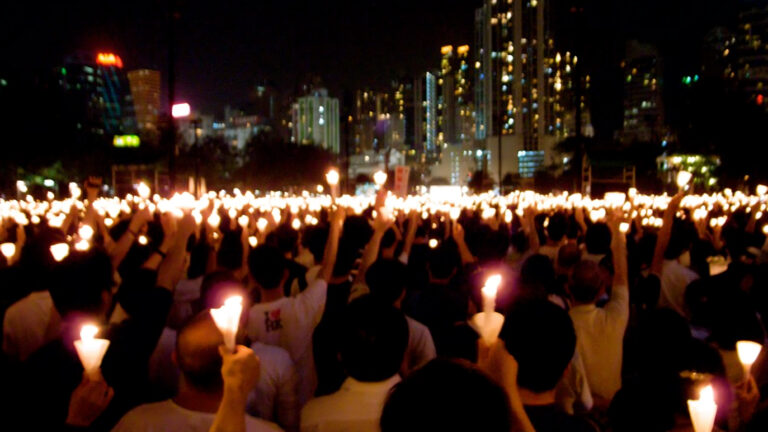NEW YORK (Feb. 1, 2023) — The United Nations Working Group on Arbitrary Detention (UNWGAD) issued an opinion concluding that the June 2021 and July 2021 arrests of Cuban artists Luis Manuel Otero Alcántara and Hamlet Lavastida, respectively, were arbitrary and violated international law. The UNWGAD concluded the Cuban regime imprisoned Alcántara and Lavastida without any legal basis and the arrests resulted from the exercise of their right to freedom of expression: Using art as a form of activism. The UNWGAD also recommended Cuba immediately release Alcántara and provide both artists with compensation and other reparations per international law.
“We welcome the UNWGAD’s decision condemning the Cuban regime’s harassment and intimidation campaign against Alcántara and Lavastida,” said Human Rights Foundation Chief Advocacy Officer Roberto González. “Regrettably, their cases are just two among hundreds on the island. It’s a powerful confirmation that neither should have ever been arrested or charged in the first place.”
Alcántara and Lavastida are both members of the San Isidro Movement (MSI), one of Cuba’s leading opposition groups. MSI was created in 2018 to protest the Cuban regime’s censorship over artistic expression. Lavastida was arrested in June 2021 after returning to Cuba and was placed in a confinement center to quarantine. On the sixth day of his quarantine, he was transferred to the infamous Villa Marista high-security prison in Havana. He was arbitrarily detained for three months — without charges or a trial date — before being forced into exile on Sept. 25, 2021. He now lives in Berlin.
In November 2020, Alcántara and 13 other MSI members staged a hunger strike to protest the arrest of fellow member Denis Solís, who was sentenced to eight months for contempt. Officials ended the hunger strike, raided his home — also the MSI headquarters — and dissolved the group by detaining protesters under allegations of violating COVID-19 restrictions.
On April 16, 2021, the police raided the MSI headquarters again and seized and destroyed artwork by Alcántara. According to the Organization of American States, between April 17 and April 25, Alcántara was detained roughly eight times within 100 meters of his home. Alcántara then conducted an eight-day hunger strike to protest the state’s illegal confiscation of his artwork; he was detained again on May 2.
Four weeks later, he was released from the hospital and took to social media to call on others to join him during the July 2021 protests. He was on his way to protest at the Malecón in Havana when he was approached by a plainclothes officer pretending to sweep the road. Alcántara was arrested and taken to the notorious Villa Marista prison in Havana. He was later transferred to a maximum security prison in Guanajay, where he remains today.
In its opinion, the UNWGAD determined the Cuban regime violated its international obligations under Articles 3, 8, 9, 10, and 11 of the Universal Declaration of Human Rights. The UNWGAD also referred their case to the Working Group on Enforced or Involuntary Disappearances, the Special Rapporteur on the promotion and protection of the right to freedom of opinion and expression, the Special Rapporteur on the rights to freedom of peaceful assembly and association, the Special Rapporteur on the independence of judges and lawyers, and the Special Rapporteur on the situation of human rights defenders.


